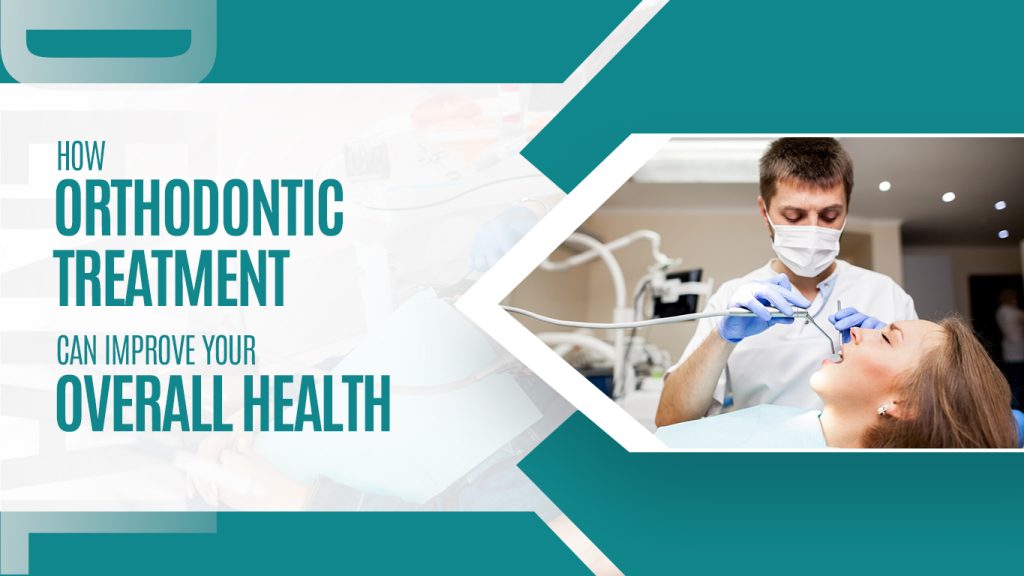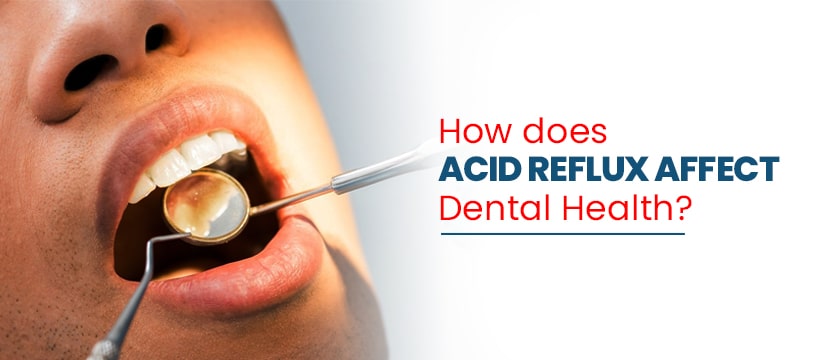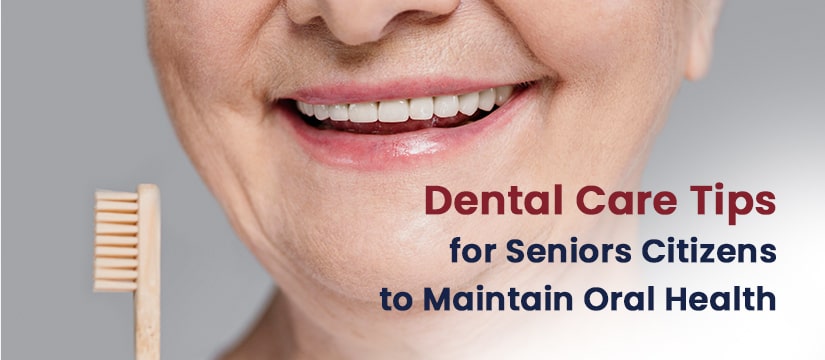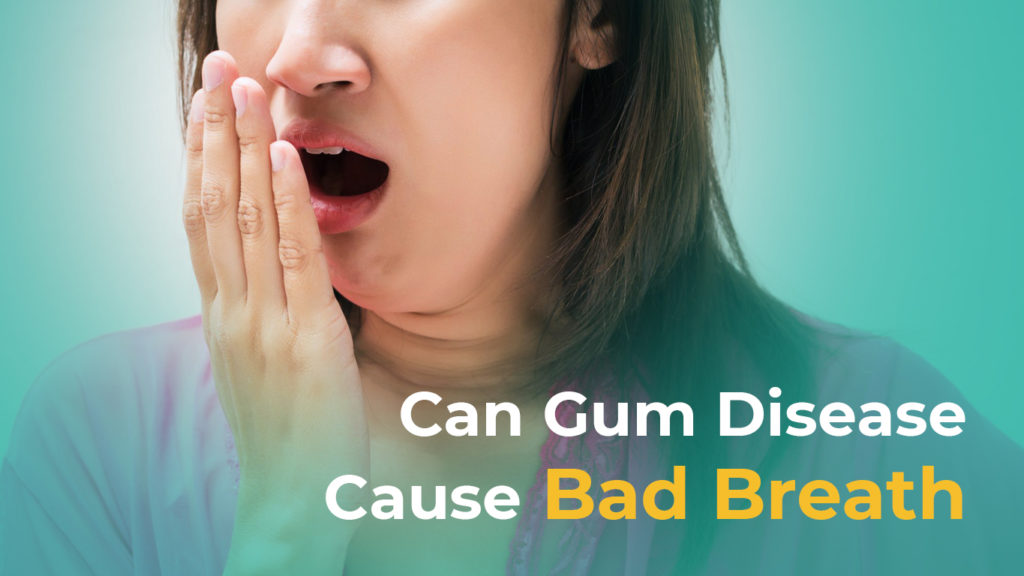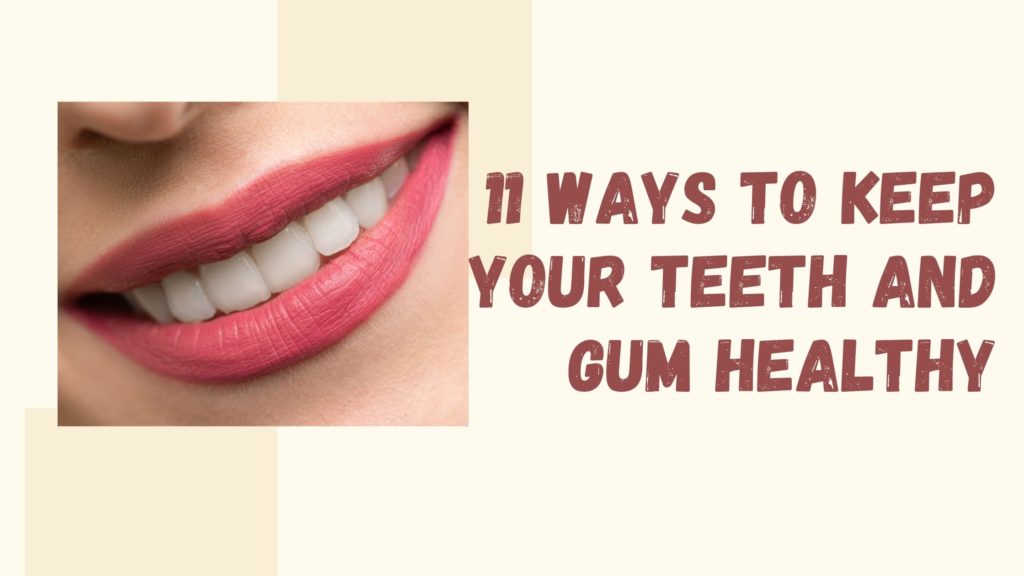How Orthodontic Treatment Can Improve Your Overall Health
When you think of orthodontic treatment, you might imagine a perfect smile with straight teeth. While achieving a beautiful smile is certainly a benefit, the advantages of orthodontic care extend…
